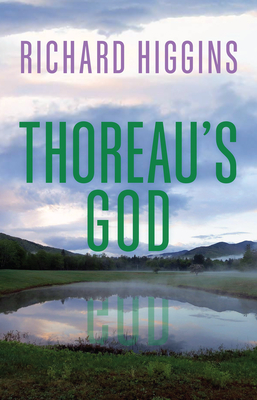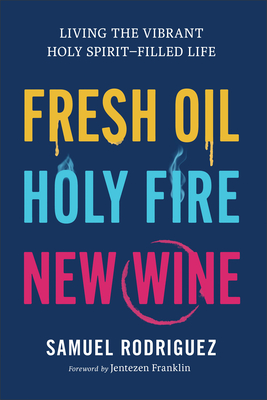
description
7Meditative reflections on the great spiritual seeker's deeply felt experience of the divine. Henry David Thoreau's spiritual life is a riddle. Thoreau's passionate critique of formal religion is matched only by his rapturous descriptions of encounters with the divine in nature. He fled the church only to pursue a deeper communion with a presence he felt at the heart of the universe. He called this illimitable presence many names, but he often called it God. In Thoreau's God, Richard Higgins invites seekers--religious or otherwise--to walk with the great Transcendentalist through a series of meditations on his spiritual life. Thoreau offers us no creed, but his writings encourage reflection on how to live, what to notice, and what to love. Though his quest was deeply personal, Thoreau devoted his life to communicating his experience of an infinite, wild, life-giving God. By recovering this vital thread in Thoreau's life and work, Thoreau's God opens the door to a new understanding of an original voice in American religion that speaks to spiritual seekers today.
member goods
No member items were found under this heading.
Return Policy
All sales are final
Shipping
No special shipping considerations available.
Shipping fees determined at checkout.







